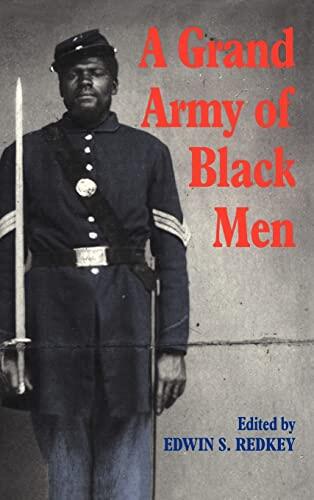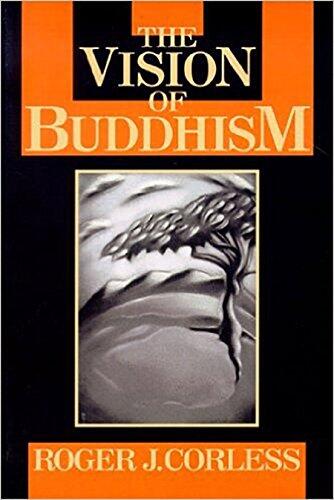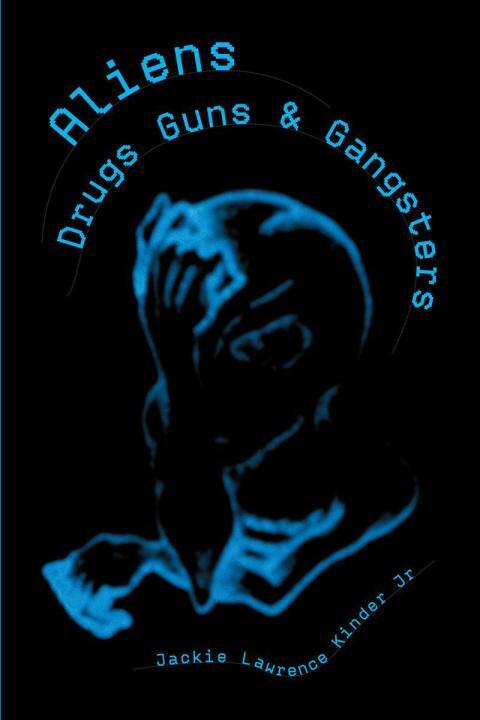
A Grand Army of Black Men: Letters from African-American Soldiers in the Union Army 1861–1865
بواسطة
Edwin S. Redkey
لا توجد تقييمات بعد
Biography
Action & Adventure
History
تنسيق
غلاف صلب
صفحات
328
لغة
الإنجليزية
منشور
Nov 27, 1992
الناشر
Cambridge University Press
الطبعة
1
رقم ISBN-10
0521434009
رقم ISBN-13
9780521434003
الوصف
The Civil War stands vivid in the collective memory of the American public. There has always been a profound interest in the subject, and specifically of Blacks' participation in and reactions to the war and the war's outcome. Almost 200,000 African-American soldiers fought for the Union in the Civil War. Although most were illiterate ex-slaves, several thousand were well educated, free black men from the northern states. The 129 letters in this collection were written by black soldiers in the Union army during the Civil War to black and abolitionist newspapers. They provide a unique expression of the black voice that was meant for a public forum. The letters tell of the men's experiences, their fears, and their hopes. They describe in detail their army days--the excitement of combat and the drudgery of digging trenches. Some letters give vivid descriptions of battle; others protest racism; still others call eloquently for civil rights. Many describe their conviction that they are fighting not only to free the slaves but to earn equal rights as citizens. These letters give an extraordinary picture of the war and also reveal the bright expectations, hopes, and ultimately the demands that black soldiers had for the future--for themselves and for their race. As first-person documents of the Civil War, the letters are strong statements of the American dream of justice and equality, and of the human spirit. A vivid picture of the Civil War as seen by black soldiers. The 176 letters in this collection were written by black soldiers to black and abolitionist newspapers. These letters give an extraordinary picture of the war and also reveal the bright expectations, hope, and ultimately the demands that black soldiers had for the future--for themselves and their race. Cambridge Univ. PressFebruary



















